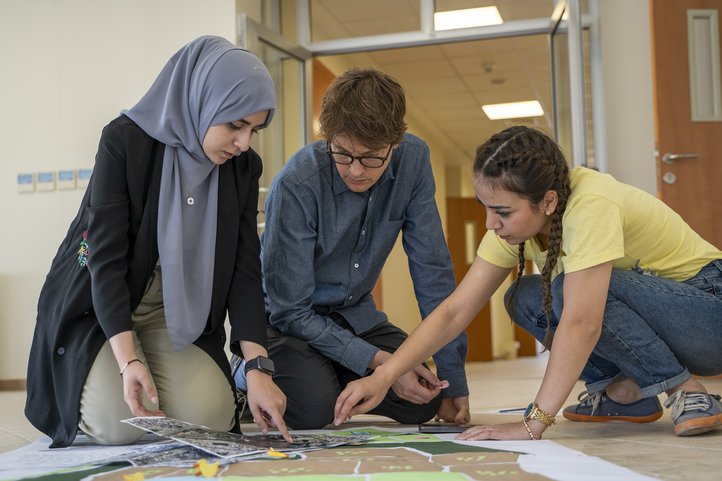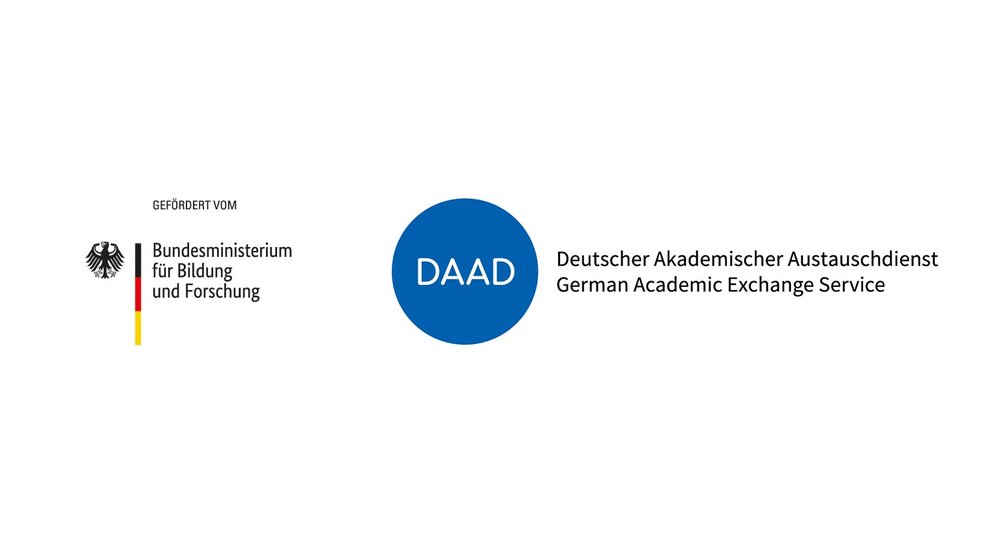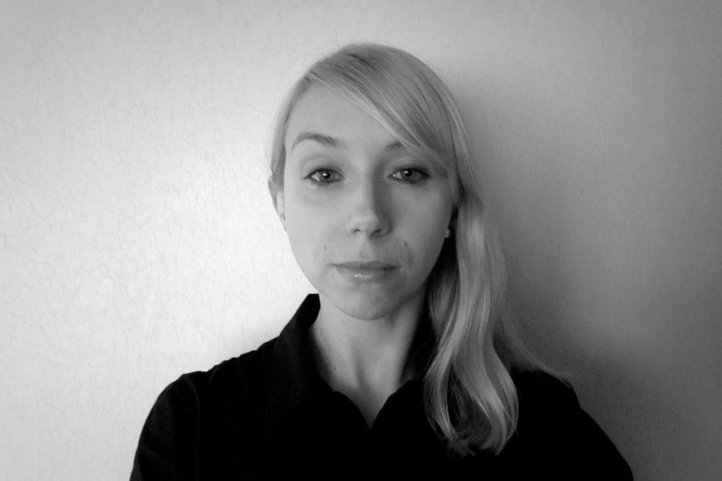HfK Bremen establishes the first design study programme in Iraq
Over the next four years, the "Visual Communications" study programme will be developed.A press release from Melisa Lemcke

Despite a long, diverse tradition in art and design, there are hardly any formal study and training programmes in the field of graphic design in Iraq. This is now about to change. As part of the project "Transnational Education - Strengthening and Excellence through Profile Building", the University of the Arts (HfK) Bremen will establish the first design study programme in the country.
The project is the result of several years of co-operation between the HfK Bremen, the College for Fine Arts in Sulaymaniyah and the Goethe-Institut Irak.
"The lack of institutionalised education and training opportunities in the field of visual communication in Iraq stands in contrast to a constantly growing creative and cultural sector in the country," said Prof. Samuel Nyholm, Professor of Illustration at the HfK and project manager. Over the next four years, the "Visual Communications" study programme at the College for Fine Arts at Sulaimani University will be developed and designed with the expertise of HfK representatives. "Of course, the experience we gain in Iraq will also be reflected in the study programmes at HfK," said Professor Nyholm.
As part of a Flying Faculty agreement, lecturers and teaching staff travel from one institution to the other in order to hold temporary courses and establish structures and centres of excellence. The exchange takes place both on site and digitally.
The new English-language study programme in Iraq is based on a jointly developed curriculum that has already been recognised by the Ministry of Higher Education and Scientific Research Iraq. It is set to be trialled, implemented cooperatively into the overall structure of the partner university and adapted if necessary.
The focus lies on professionalisation measures, teaching German, the acquisition of intercultural skills and practice-oriented skills development for optimal transferability to the labour market or for further studies.
During the four-year project phase, the development of skills, transferring specialist knowledge and teaching didactic and technical methods to the target group of students and university lecturers will be the focus of eleven HfK-members. The subject representatives represent the entire spectrum of the required design disciplines in their specialisations and teaching areas.
The administrative-operational structure is completed by the temporary integration of a central organisational unit of the HfK on site, the efficient expansion of real laboratories, language acquisition as well as practical partnerships and networking. In this way, highly qualified graduates are to be recruited for the national labour market and international students for German universities. The project aims at having a first cohort of around 60 students.
Cooperation with the Goethe-Institut Irak
The Goethe-Institut Irak plays a central role in conveying German language skills and other intercultural and labour market-related measures, including an extracurricular Design Academy. The three-week programme, which focuses on illustration, graphic design and typography, has been very popular in recent years and has become an established part of the country's design scene. The link to the study programme will consolidate the programme.
Anaïs Boelicke, Director of the Goethe-Institut Irak: "We are delighted that after three years of intensive cooperation with the HfK and the College for Fine Arts, we are not only experiencing the implementation of the study programme, but as the Goethe-Institut Irak we can further support the project by continuing the Design Academy in Sulaymaniyah and offering language courses for students."
Project funding
The project is funded by the Federal Ministry of Education and Research (BMBF - Bundesministerium für Bildung und Forschung) and the German Academic Exchange Service (DAAD - Deutscher Akademischer Austauschdienst) with 826,000 euros and is initially limited to four years.


